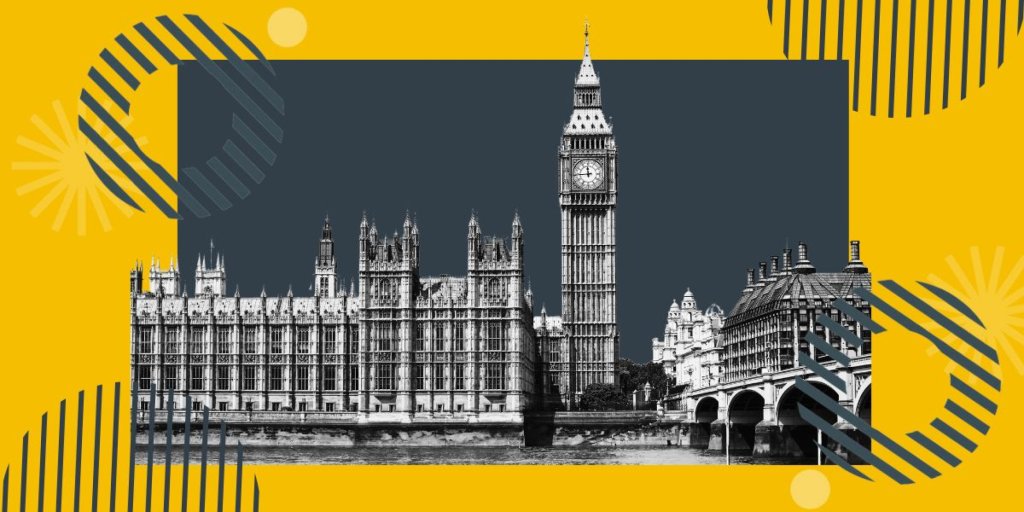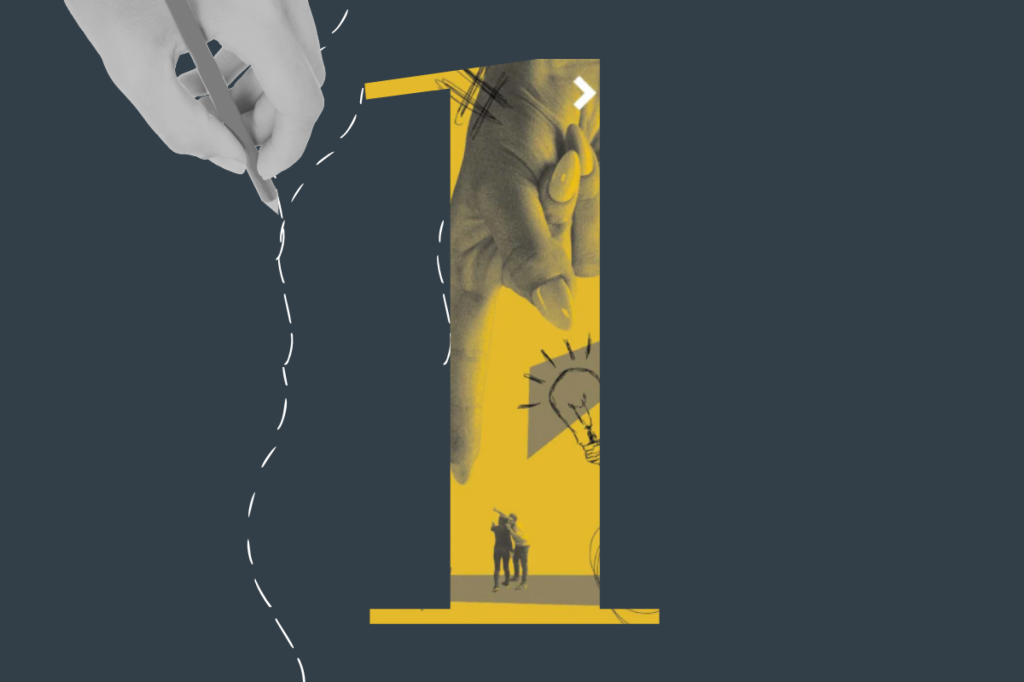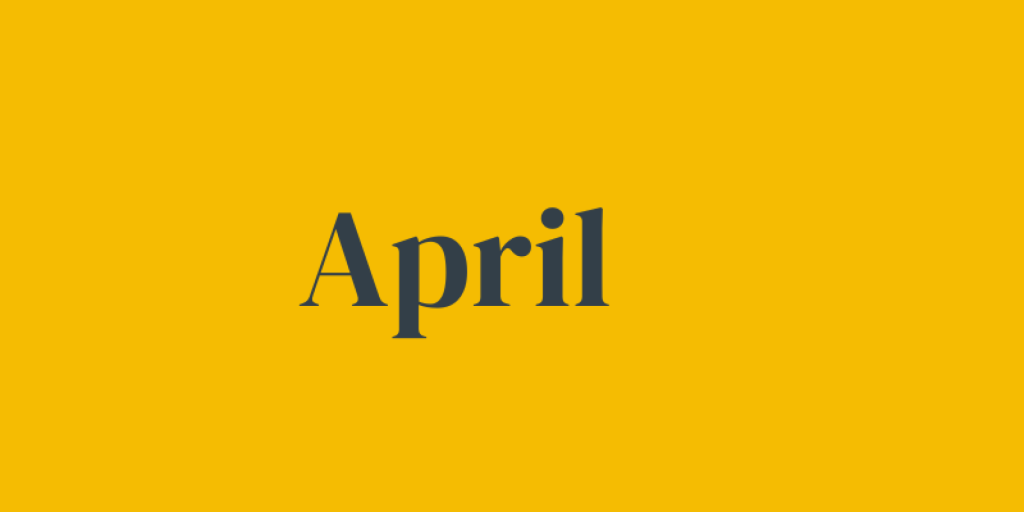In the UK, we’re going to the polls on 4 July and in the EU, elections are just round the corner so we can expect a deluge of policy programmes from every campaign organisation. At Agenda, we’re asking:
You may have published your manifesto, so how do you stand out?
How can you truly engage politicians with its contents?
How do you get your members and supporters involved in promoting it?
If your manifesto is just a link to a PDF on your website, you’re not going to make the most of all the undoubted toil and effort that has been put into producing it.
The next steps are mobilising engagement, raising awareness, building relationships and, importantly, capturing feedback ready for what happens after the election.
Engagement
Your manifesto isn’t just for politicians and media influencers; it’s also for your members, supporters, and beneficiaries to see that you are pushing for positive change on the issues they care about. Your members and supporters will be key to demonstrating the case for change.
Think about the ways people can get involved and what support they might need:
It could be simple asks, like signing a petition or emailing their political candidates - make sure you offer a template letter
If people are willing to share their story in relation to one of your manifesto asks, would they speak to your comms team and even the media - and do they need coaching or training?
In marginal seats, there’s a strong chance that people will be canvassed by candidates visiting their homes - what can people raise during doorstep conversations?
Spot and support your advocates
It’s likely that among your members and supporters, there will already be people who are politically or community active and who would feel most comfortable talking about your manifesto asks:
Do you know who they are?
And who do they know and could influence?
As you seek out people to advocate for your manifesto, make sure that what you’re asking them to talk about is framed in a way your members and supporters can understand and articulate. Your manifesto might have a lot of detail, but start by providing your members and supporters with some headlines that can be easily communicated to politicians and voters.
Then outline some ways people can get engaged. Let them know what the time commitments are for each of your options. Give them a way in that doesn’t take much time, with ways to get more involved if they’re willing, for example:
Talk to political parties at street stalls in local shopping areas
Attend a hustings or seek out the parliamentary candidates for a conversation
You can build confidence among your members and supporters though online webinars which offer them a chance to ask questions - and you can spot the most engaged advocates to build your campaign.
Awareness
By mobilising these actions, you’re aiming for two key outcomes: greater awareness and better relationships.
Your manifesto is the basis for raising awareness of your priorities or, ideally, your priority – the one change that you believe will make the biggest difference. This is an easily articulated ask that gets you through the door and provides an opportunity to talk about the other issues and details where you believe there should be action.
Your manifesto is also the hook to win more media coverage.
But ‘Organisation publishes manifesto’ is not the news story, rather it’s the issues and the lives that are affected by doing (or not doing) what’s in your manifesto.
Think about how your media stories and reactive comments can link back to the solutions you’re suggesting and the problems you’re trying to solve.
Working with the Society of Radiographers
Engaging closely with members, we helped the SoR to frame its manifesto arguments from the perspective of the positive outcomes for patients, should the radiographers’ policy solutions be implemented. The experiences of patients always grabs the public and media's attention – so we talk about how waiting lists would be reduced if there was better retention and recruitment of radiographers.
Raising awareness, with politicians and the public, puts you in a better position for the next government to know who they should speak to about the challenges they will face in your area of expertise.
Relationships
But awareness is not enough without the second outcome you’re trying to achieve.
That’s to build the relationships with the politicians who can influence the changes you want to see.
This could be building connections between the candidates and your members or supporters in their constituency – these candidates could be in the next parliament.
Or it might be new or deeper relationships at a national level with ministers, shadow ministers and their staff: the people who will directly influence change in the years ahead.
Given their time and attention will be focussed on the election, then ensure your communications with them are geared towards providing solutions, not just pointing at problems. In this way, they may turn to you again following the election to seek your advice.
Monitoring and feedback
Don’t forget to capture and monitor what you do as part of your manifesto campaign. Give your members, supporters and staff ways to feed back.
This might be sharing activities via an online form, or tagging your social channels when they complete an action. Work out how and where you can capture these actions so you can see what’s working:
What other routes are there to feedback
Is your CRM set up to capture and report on the feedback?
Knowing who’s been involved from your organisation so you can call on them in the future, who you’ve connected with in the political community and any positive responses, will give you the insight to focus your work and understand where to keep pushing for change from the next Westminster government and the new UK and European parliaments.



